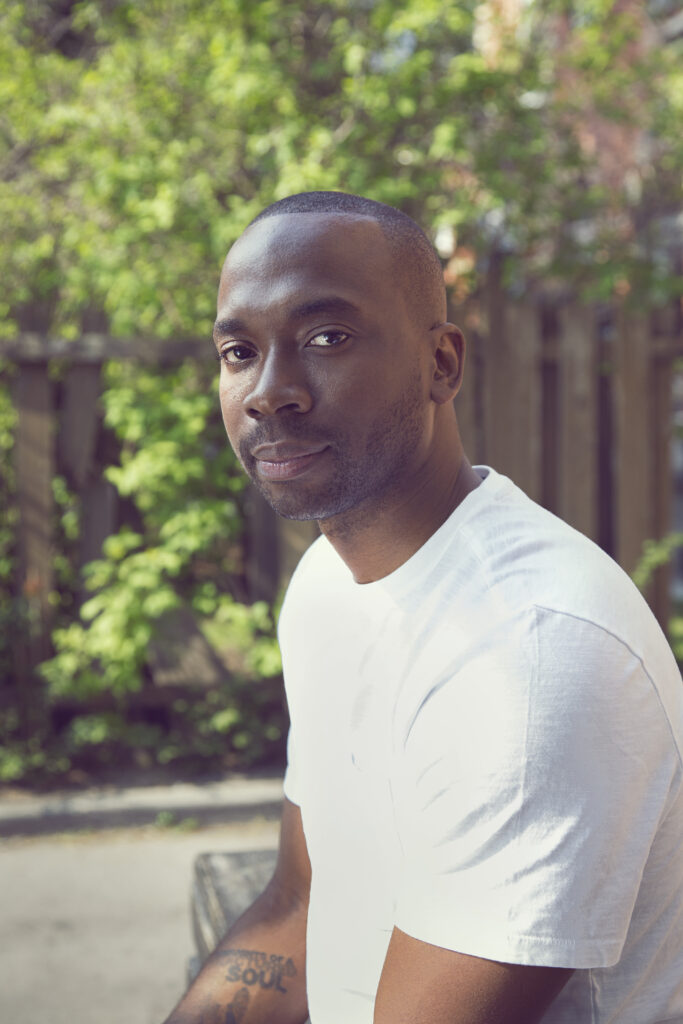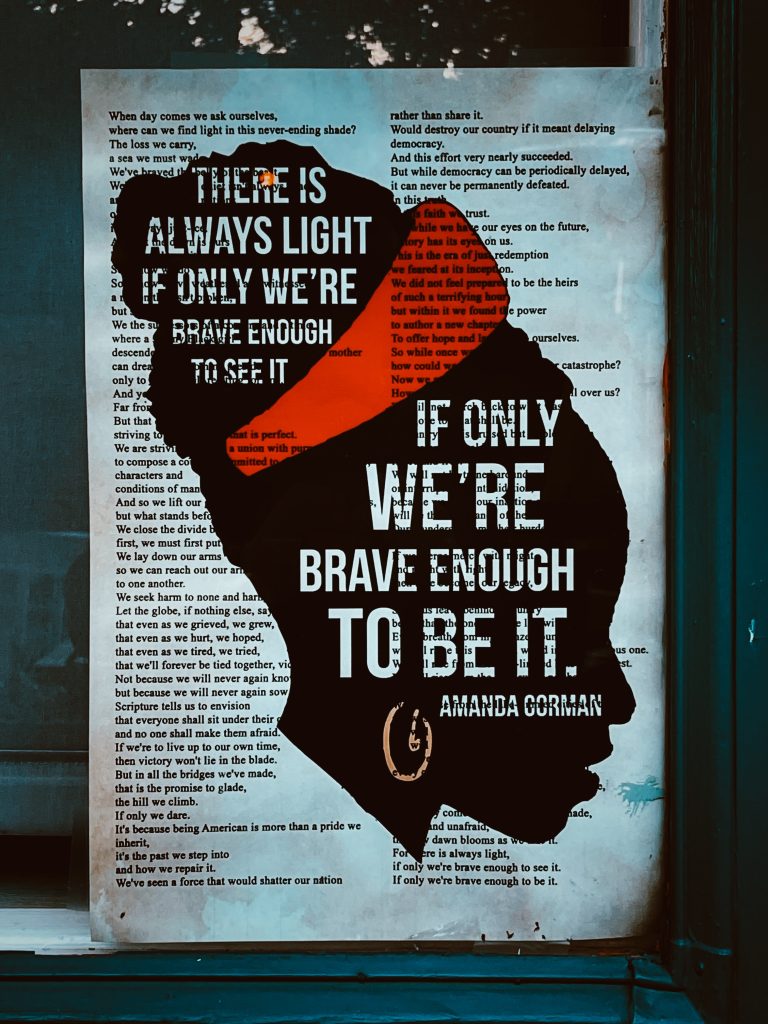Celebrated Toronto author Kern Carter will be visiting Vaughan Public Libraries on Thursday, February 22, 7:00 pm on Zoom. Please register on Eventbrite and join us for an evening of great conversations on writing, publishing, parenting, Black heritage, and more!
I’m really excited about this event because Kern is a “long-lost” friend. Last spring when I was waiting for my massage therapist at her clinic, I saw a familiar face on the TV screen being interviewed by the CTV host, and I recognized that was Kern! He was chatting with the host about his latest novel Boys and Girls Screaming. The first time I met Kern was back in 2014 when he was promoting his first book Thoughts of a Fractured Soul. He was still an independent author back then. He was very tall and handsome (only much later I found out he was also a basketball star, lol), but with that strong presence, he was extremely polite and gentle, just like his words in that thin, little novella … Since then, I haven’t heard from Kern for years, and I can’t believe when I see him again, he’s on TV!
So, when I went back to work that day, I looked him up like a little superfan. I read and read, trying to find out what he has gone through all these years, his struggles, tears, laughs, and successes … Apparently, he has been working hard in the past ten years and has created a long list of accomplishments that he can show off on his website: “From selling thousands of books independently, building a community of emerging writers, establishing a freelance career, landing book deals with the biggest publishers in the world, to now running my own business … Add to the mix that I was a teen father and high school dropout who ultimately graduated from university and built a successful writing career …” Indeed, after all the hard work, his dream of making a good living by just writing has now come true!
Continue reading


